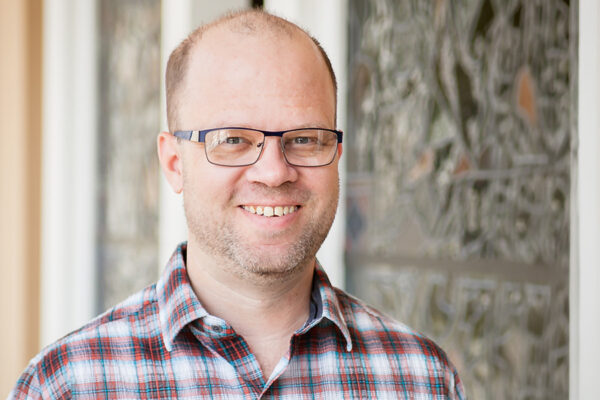Free speech controversy
In spite of being relatively well read, I remain clueless about satirical magazines in other languages. I had never heard of Charlie Hebdo before last month.
Most of the world didn’t know this small French magazine until an act of horrific evil unfolded at Hebdo headquarters on January 7, 2015. That’s when two Islamic extremists killed 12 staffers at point blank range.
By any reckoning, it was a sickening massacre.
With the passage of time, the individuals killed and the terrorists who murdered them have moved off the front page. Controversy over the magazine’s exercise of free speech has become the lead story in many parts of the world.
By its very nature, Charlie Hebdo is an unapologetically satirical magazine designed to offend. Satire is actually a generous word for the publication, given much of its vile content.
This weekly prides itself on gratuitous insult, which has never struck me as a particularly high purpose for existing. But exist it does.
Pornographic portrayals of the prophet Mohammed, cartoon depictions of the Holy Trinity having sex, and a regular diet of homophobic, misogynistic, and racist slurs are commonplace in Charlie Hebdo.
As products of American society and our celebrated First Amendment, those of us on this side of the pond place premium value on freedom of speech. Freedom of speech, thought, and expression create much of the joy we know for living in the free world.
The debate swirling around Charlie Hebdo’s right to publish has been reduced by many to one simple statement: Either you are for free speech or against it.
Yet condemning the violence of Islamic radicals and being offended by the content of the Hebdo magazine are not mutually exclusive positions.
Just because one does not appreciate or welcome the mockery of the magazine does not mean that one does not care about the privilege of free speech.
Of course, Charlie Hebdo has a right to publish offensive cartoons. Their work is permissible and legal. A ban on this right, or censorship through forceful new laws, is no answer.
The publisher ought to be able to print content without fear of interference by the government or violence from someone who cannot stand the insult.
But the right to offend should not translate into a duty to offend. Even though we have a love affair with our rights, a legal right does not cancel out a moral wrong.
As a person of religious conviction, the few hairs on my head stand straight up when free speech collides with a moral conscience that has taken shape over the course of my life. Mock the
Holocaust by drawing caricatures of Jews playing around ovens? Attempt humor by cartooning people tumbling off the World Trade Center? No thanks. I don’t have a place in my soul for such blasphemy.
I do not question the right to offensive speech, or hate speech, as it often devolves into. But I also am not interested in making an idol of that speech just because it’s allowable under the law and carries with it the adjective “free.”
When the apostle Paul witnessed Corinthian Christians pushing a right so far that they ended up doing whatever they wanted to do, he had a word with them. “All things are lawful [or permissible] for me, but not all things are beneficial [or helpful]” (1 Corinthians 6:12).
To submit one’s life to Christ is to be unafraid of weighing absolute freedom on the scales of what is most beneficial. I have a Chicago friend who is CEO of a mid-size company.
He is also a very deep Christian. Because numbers of his employees are Jewish, agnostic, or other, he sends out Christmas cards that make no mention of the word Christmas or the Christ Child.
What is he doing? He certainly has the right to assert his faith! He is being thoughtful of others. That’s what he’s doing.
I love free speech. But faith helps me want to avoid becoming a free speech ideologue. Published vulgarity does not build a better world. It’s one reason I cannot say in good conscience, “Je suis Charlie.”
Crushing terrorist radicals who want to kill people is urgent business. But our best energies toward reaching that goal will be spent on something other than purchasing copies of Charlie Hebdo.
In these anxious times, people of all faiths can speak out about more than our rights; we also have a common good to build, and humanity to cherish.
–Peter Marty, senior pastor




